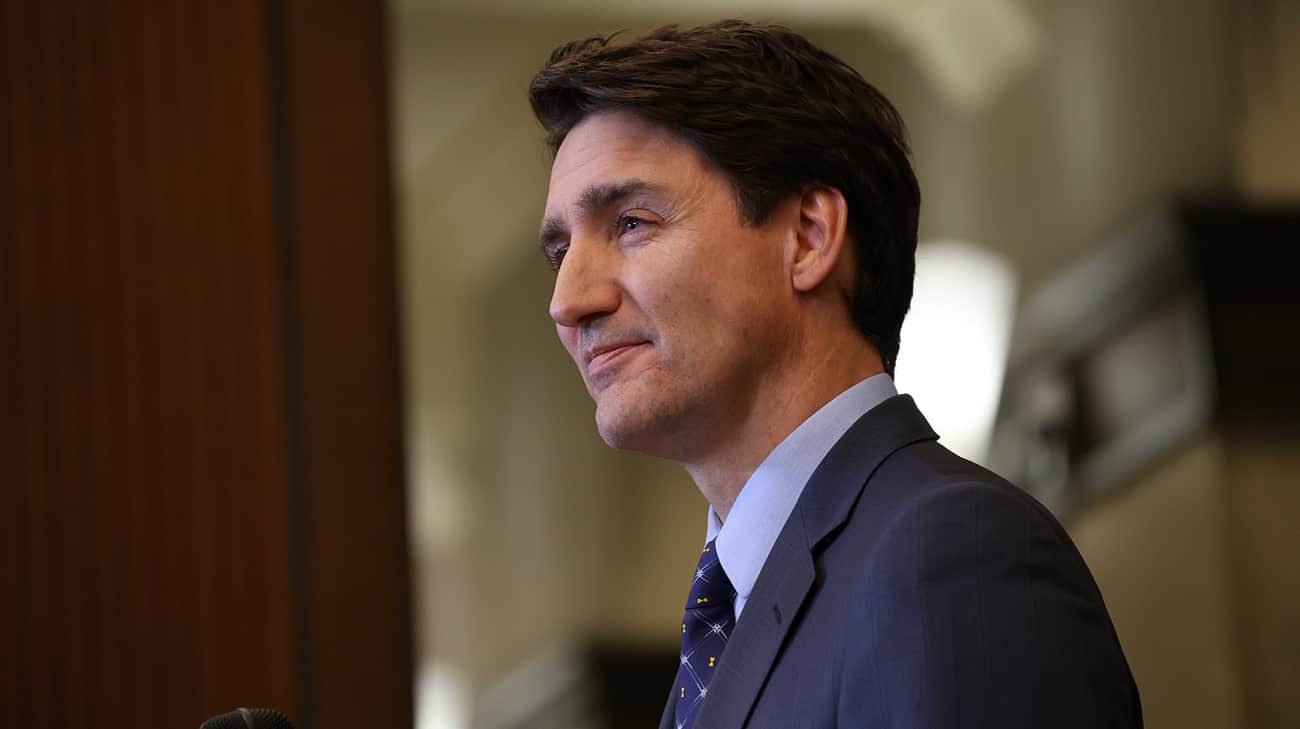Government hits £550m target in consultancy cuts
The government is set to continue to bear down on consultancy spending as it expects to hit its £550m savings target on the external advice


The government is set to continue to bear down on consultancy spending as it expects to hit its £550m savings target on the external advice.
There has already been action taken to stop all non-essential spending on consultancy in 2024-25, as Rachel Reeves seeks to save more than £1bn over the next two years.
The Treasury said on Wednesday that it expects to deliver the £550m in-year savings target set in July, based on its forecast figures and planned departmental expenditure.
It added that it will continue to “bear down” on consultancy spending in 2025-26, in line with existing commitments, which includes its 2025-26 target cuts of £680m.
The detailed Budget noted that the Cabinet Office is set to lead work across government to drive out waste and inefficiency in key areas of public spending, including consultancy, communications and public procurement.
While the government’s communications service is expected to save £85m from reducing unnecessary communications spend, exceeding the £50m, target set out in July.
This comes as it was revealed in August that public sector spending on management consultants ballooned to a near-record high this year, as fees swelled to an estimated £3.4bn between 2023 and 2024.
Last month, the Institute for Government (IFG) said in a report that £5.4bn worth of management consultancy contracts will come to an end over this Parliament.
The think tank said this was an opportunity for the government to save money and reduce its reliance on external consultants by not renewing non-essential agreements.
Speaking at the time, Tamzen Isacsson, chief executive of the Management Consultancies Association (MCA) said: “It is unrealistic and unpractical to expect government to employ a large number of private sector experts and resources, and far more cost efficient to use external support for short term projects to help improve the efficiency and delivery of critical national services.”
“It is also often important to have an independent and external viewpoint, as identified by public sector clients themselves in independent surveys,” she added.


